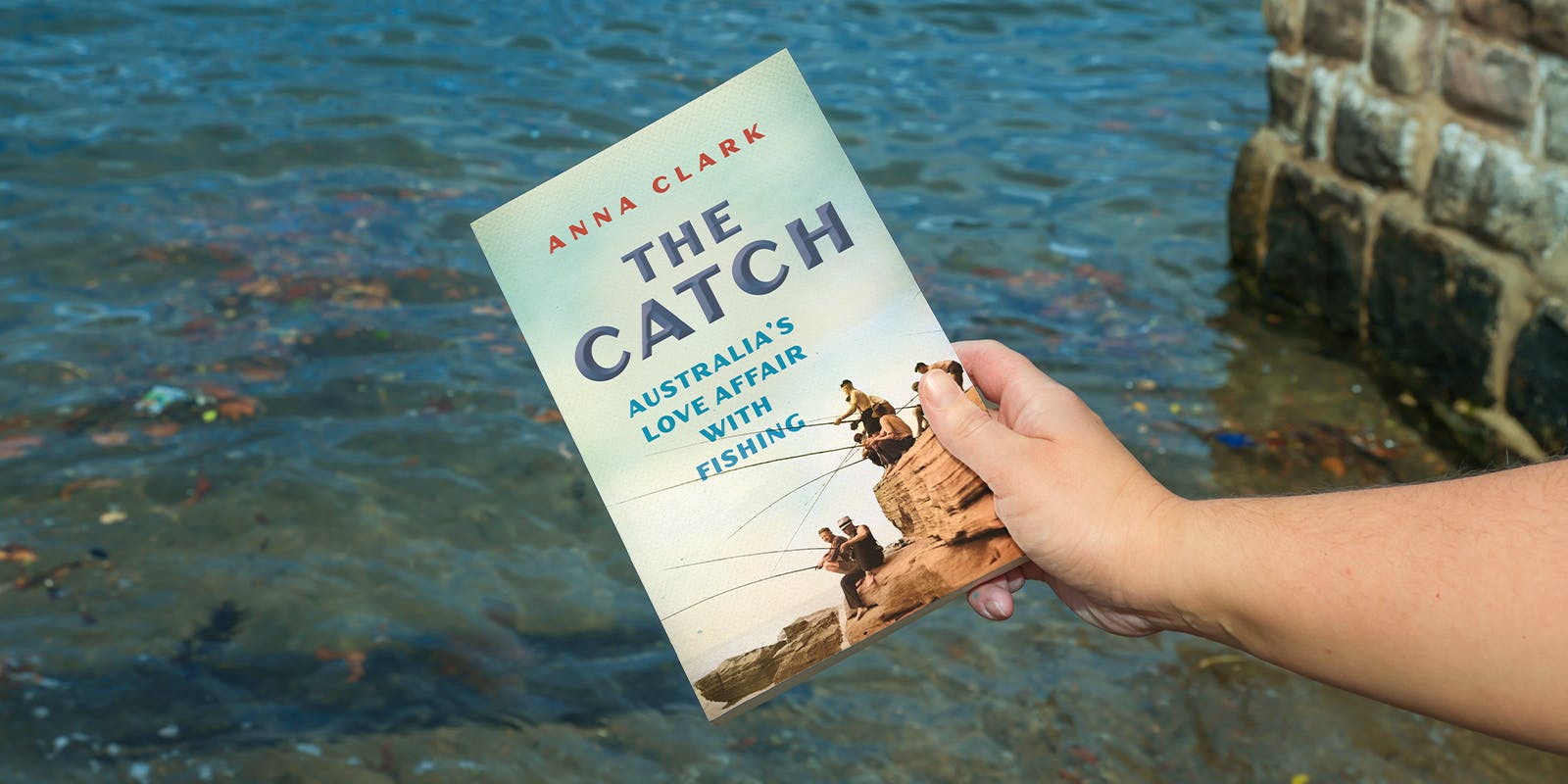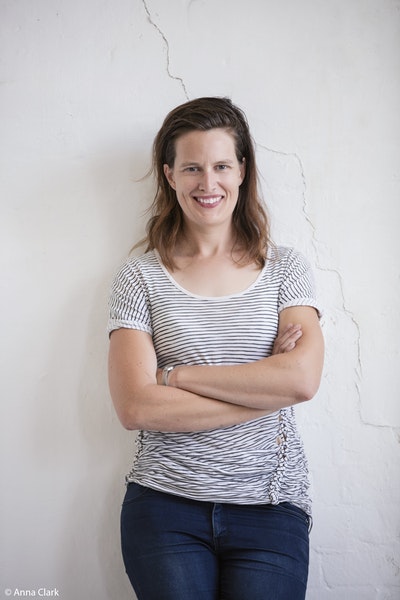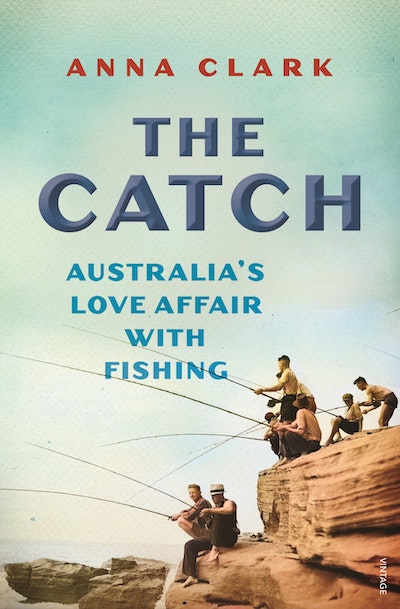‘I never thought I could combine the skills from my day job as a historian with my great love – fishing.’
When I was asked to write a history of fishing in Australia for my upcoming book, The Catch, I couldn’t believe my luck!
Here was a request to write history (my day job) about fishing (my moonlighting activity). I guess the question was, how? How would I capture that sense of wonder across time, the changing practices and attitudes to Australia and its environment?
I figured the best approach was precisely through those things: place and practice.
I have been to places all across Australia and fished at most of them. So, while the book is about fishing, it’s also about all these places and how people have lived in them, travelled through them, observed and fished them. I hope that sense comes through in the text itself.
Regarding practice, however, I wasn't around to fish in 1830 and thus couldn't recount my own experience. To get around that barrier, I imagined myself in different scenarios.
Envisioning myself in William Wills’s diary in the Gulf of Carpentaria, in a Gadigal woman’s fishing canoe on Sydney Harbour or in a commercial fishing boat off the Pilbara coast was not an act of impossible translation.
As a historian, I cannot be Wills, a pre-contact Aboriginal fisher, or an early twentieth-century captain, but being able to describe the places they fished and how they did it made them much closer than other historical characters I’ve written about. The fact that we share these places and fishing practices over time has been one of the unexpected treats I've taken from writing this book.

The other is a sense of Australia’s environmental fragility. Early fishers described what we can only read today as some sort of fishing Eden: the sea floor off the west coast of Tasmania carpeted red with crayfish; fish so thick that nets could be set at any time of the day; an astonishing magnitude of Australian salmon; and mountains of mullet that migrated annually up the east coast. (Although some fish, like the humble Wirrah, were notable for being decidedly uninspiring, with the flavour and the consistency of leather, lamented George Tenison-Woods in 1883, which no sauce or cooking can change.)
Apart from the odd culinary disappointment, tales of Australian fishing meccas echoed early encounters in other parts of the New World, where Atlantic sturgeon up to 18 feet (5.5 m) long and weighing 800 kg were recorded in the Chesapeake Bay on the Virginia coast. Staggering Chinook salmon runs swelled the Columbia and Vancouver Rivers on the west coast of North America, and gigantic schools of cod filled the icy waters off the north-east of the continent.
Like these extraordinary fishing resources, those in Australia were quickly tested by a growing population and industrial methods that were inversely proportionate to scientific knowledge about fish stocks, life cycles and sustainability. Even now, after decades of fisheries management, there are few places in Australia where we can see what a river full of Murray cod or a reef cascading with snapper looks like.
This isn’t just a history of catching fish, but a book that explores the tensions between our love of fishing and its effects on our environment, the ways Indigenous communities used fishing to adapt to life following colonisation, the ways families and communities formed (and divided) around fishing nets and small harbours, as well as the many questions yet to be answered about how we can manage our fisheries into the future.

Writing it has been so much fun. I never thought I could combine the skills from my day job as a historian with my great love – fishing. The process has been more rewarding than I could have imagined: at the State Library of NSW, I listened to old tapes of commercial fishers from the early twentieth century who caught prawns by dragging old chaff bags along the side of their dinghies, I visited museums and archives like the Killer Whale Museum in Eden, I sat next to monumental Indigenous engravings of fish on sandstone bluffs in Sydney, and at the National Library of Australia I pored over the journals of explorers dumbfounded by the colossal fish they brought up by the bucketload on their journeys through the interior.
The overwhelming impression I’ve been left with is the sheer bounty of fish that existed in Australia before industrialisation and urbanisation and just how fragile that bounty turned out to be once the pressures of mass fishing were realised.
The Catch comes out on 29 August, 2023.














